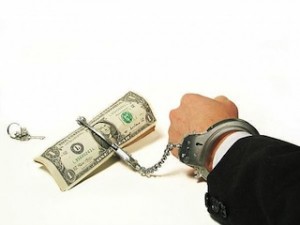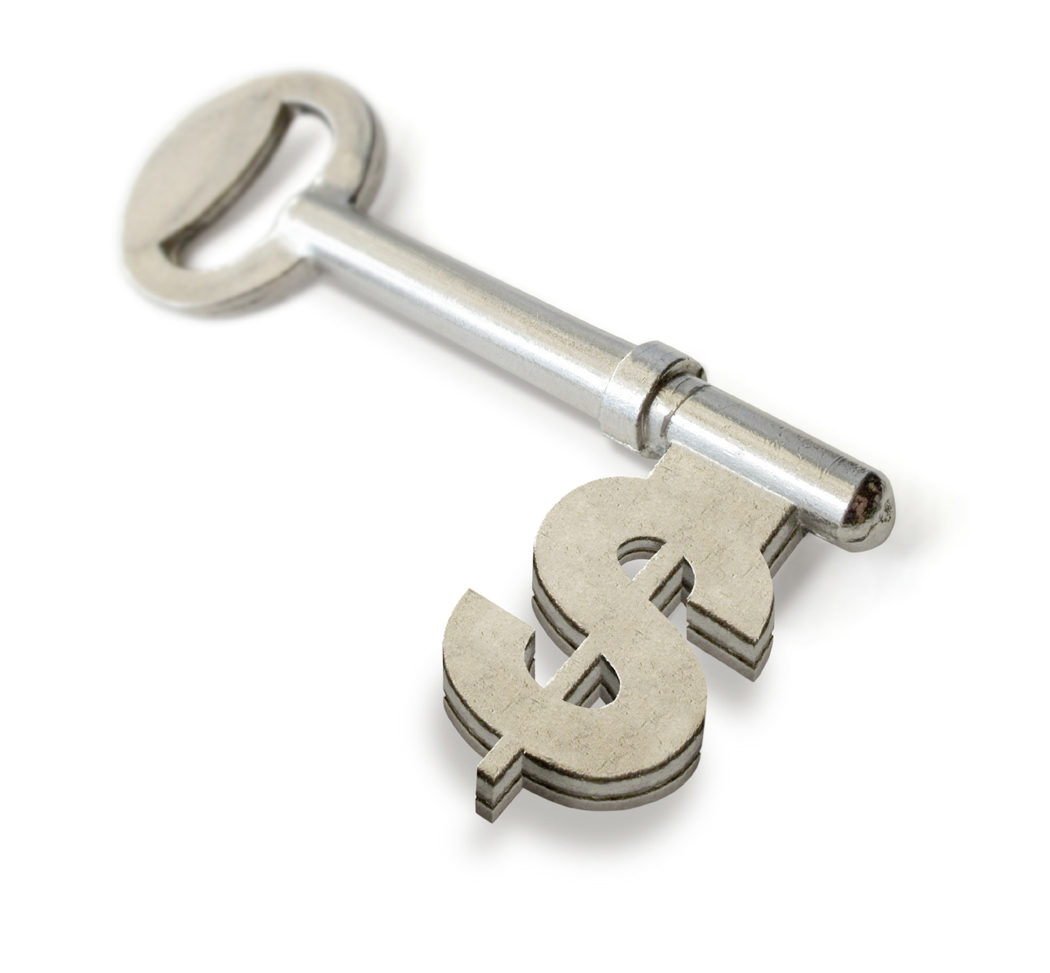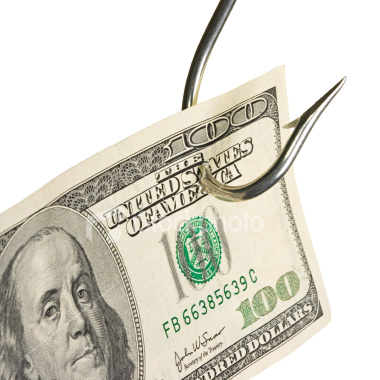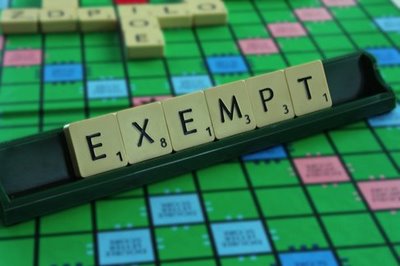 One of the first questions I’m asked by a person considering bankruptcy is what effect filing has on the property they own. If you’ve lived in Florida for a while, you are allowed to keep property that is exempt from the collection of creditors under Florida law. While there are a large number of somewhat complicated exemptions, you can generally think of exemptions as follows: You may keep $1,000 in personal property, $1,000 in vehicle equity and then either a homestead property that has equity or $4,000 in additional personal property. So, if the homestead property was retained in the bankruptcy case, but it had no equity, the debtor could keep $1,000 in vehicle equity and $5,000 ($4,000 + $1,000) of personal property. Any property the debtor has beyond that amount is subject to the whim of a trustee appointed by the court to preserve the debtor’s assets for the benefit of the debtor’s creditors. The trustee takes the debtor’s non-exempt property in a method similar to repossession and then auctions those goods off. The funds from this liquidation are used to pay the repossessing agent, the auctioneer’s fee and the trustee’s portion (typically 25%). The remaining funds are paid on a pro rata share to the debtor’s creditors who timely file claims.
One of the first questions I’m asked by a person considering bankruptcy is what effect filing has on the property they own. If you’ve lived in Florida for a while, you are allowed to keep property that is exempt from the collection of creditors under Florida law. While there are a large number of somewhat complicated exemptions, you can generally think of exemptions as follows: You may keep $1,000 in personal property, $1,000 in vehicle equity and then either a homestead property that has equity or $4,000 in additional personal property. So, if the homestead property was retained in the bankruptcy case, but it had no equity, the debtor could keep $1,000 in vehicle equity and $5,000 ($4,000 + $1,000) of personal property. Any property the debtor has beyond that amount is subject to the whim of a trustee appointed by the court to preserve the debtor’s assets for the benefit of the debtor’s creditors. The trustee takes the debtor’s non-exempt property in a method similar to repossession and then auctions those goods off. The funds from this liquidation are used to pay the repossessing agent, the auctioneer’s fee and the trustee’s portion (typically 25%). The remaining funds are paid on a pro rata share to the debtor’s creditors who timely file claims.
Just because a debtor has property that is non-exempt does not mean the trustee will claim an interest in the property. Sometimes repossession and auctioning are impractical. When determining whether to liquidate an asset, the trustee must decide on the likelihood of sale and the cost benefit analysis of using estate proceeds to repossess and sell an item which may not render a sufficient sale to cover it’s own cost.
There is no clear-cut amount on which trustees rely when deciding to abandon an asset, but many trustees will occasionally leave an asset that will not earn more than $1000. Because these decisions are so subjective, trustees will almost always consider a debtor’s request to keep the asset in exchange for a cash settlement. As the old cliché goes, “There is no harm in trying.”
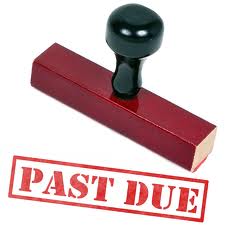 Let’s face it, when people file bankruptcy it’s because they want their creditors to leave them alone. They’re tired of the receiving second and third late notices and of the constant telephone calls. They may even admit they owe the debts, but now there’s penalties and interest they can’t afford. Bankruptcy may be a solution.
Let’s face it, when people file bankruptcy it’s because they want their creditors to leave them alone. They’re tired of the receiving second and third late notices and of the constant telephone calls. They may even admit they owe the debts, but now there’s penalties and interest they can’t afford. Bankruptcy may be a solution.







